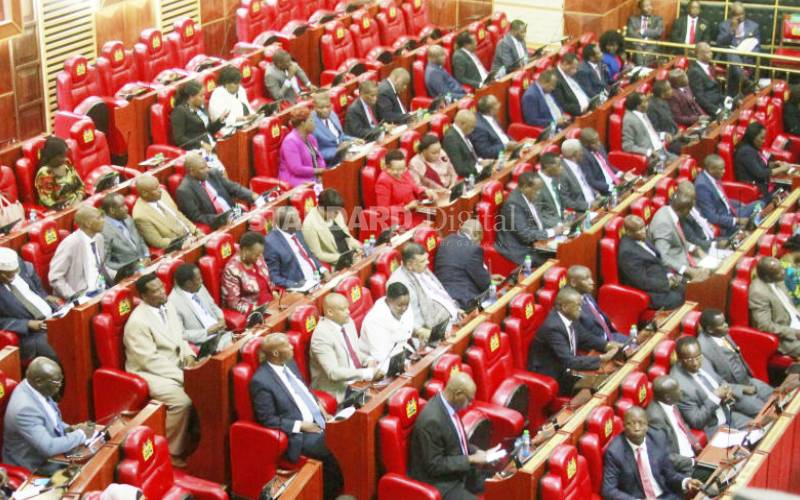×
The Standard e-Paper
Kenya’s Boldest Voice

Recently, a male colleague threatened to inflict violence on me and Homa Bay Woman Representative Gladys Wanga whilst the House was in session.
In a recent forum on women’s agenda, NARC-Kenya party leader Martha Karua commented that her middle name was not “deputy”, a subtle but canny remark on the widely popular discourse that a male presidential candidate should be deputised by a woman.